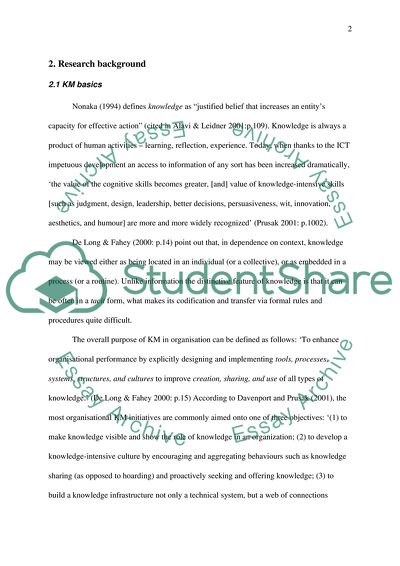Cite this document
(“Knowledge Management in Emirates Secondary Schools Assignment”, n.d.)
Retrieved from https://studentshare.org/education/1573901-knowledge-management-in-emirates-secondary-schools
Retrieved from https://studentshare.org/education/1573901-knowledge-management-in-emirates-secondary-schools
(Knowledge Management in Emirates Secondary Schools Assignment)
https://studentshare.org/education/1573901-knowledge-management-in-emirates-secondary-schools.
https://studentshare.org/education/1573901-knowledge-management-in-emirates-secondary-schools.
“Knowledge Management in Emirates Secondary Schools Assignment”, n.d. https://studentshare.org/education/1573901-knowledge-management-in-emirates-secondary-schools.


